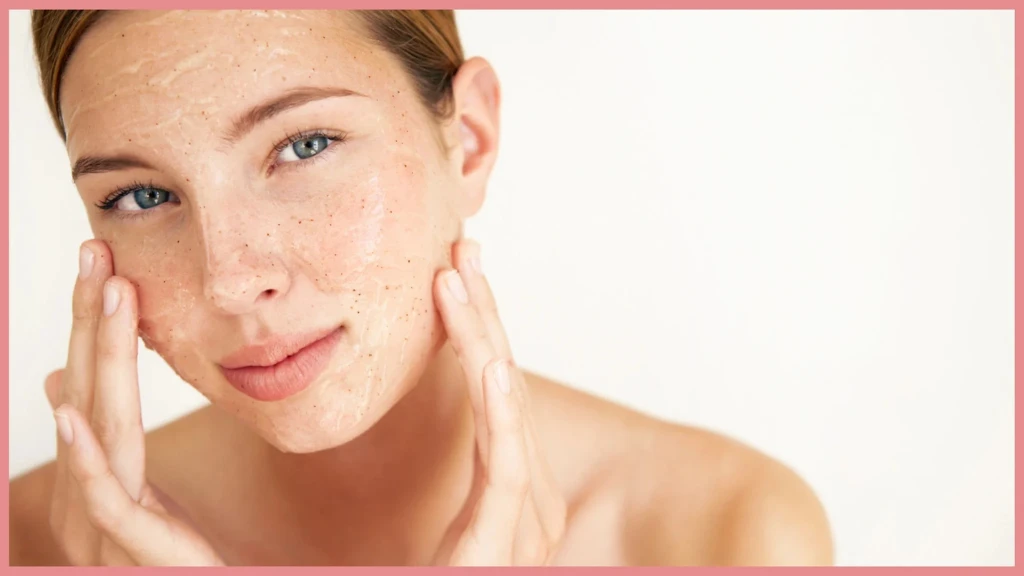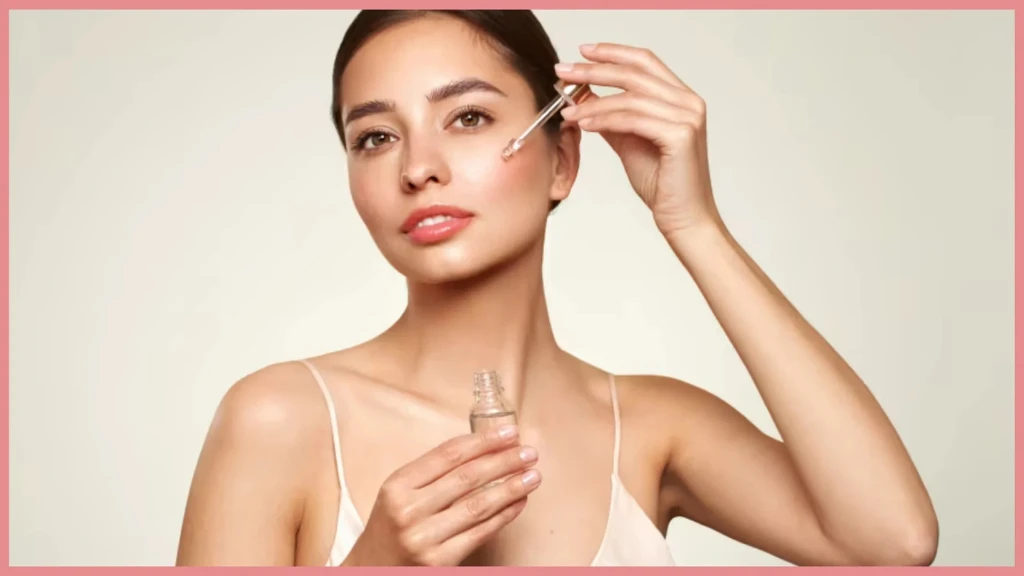Oregano Oil for Skin: Does It Work?
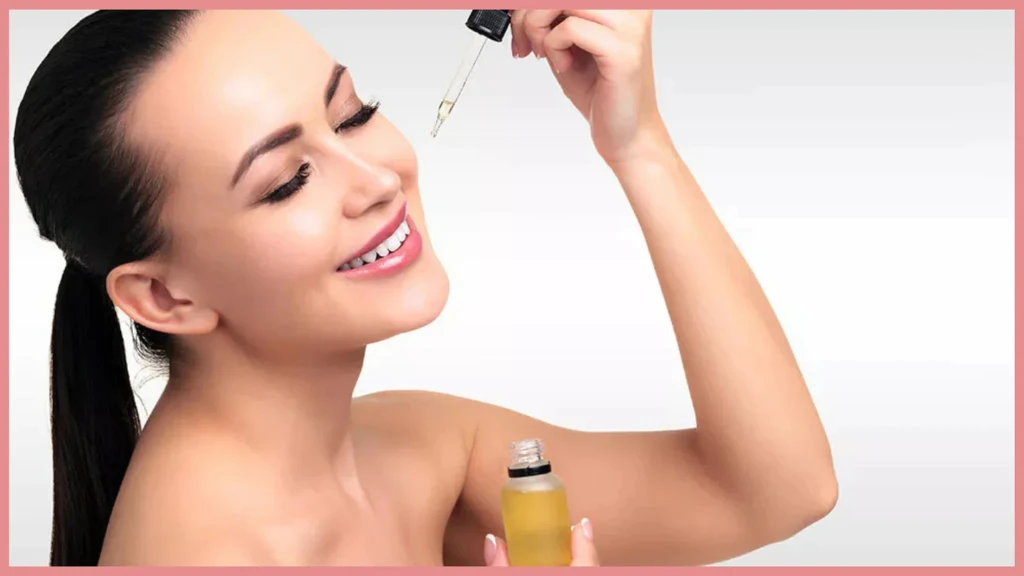
If you’re someone who’s always looking for new natural ways to boost your skincare routine, you’ve probably heard a bit about oregano oil lately. I know I was curious when I first stumbled upon it.
Who would have thought that an herb we commonly use to sprinkle on our pizzas could have such impressive skin benefits?
Well, after doing some digging (and a bit of experimenting myself), I’m excited to share what I’ve learned about how oregano oil can transform your skin — if used correctly, of course.
I'll take a closer look at how this powerful oil might just be the missing link for your skincare routine, especially if you’re aiming for clearer, healthier skin using more natural solutions.
How Oregano Oil Transforms Your Skin
Oregano Oil and Its Properties
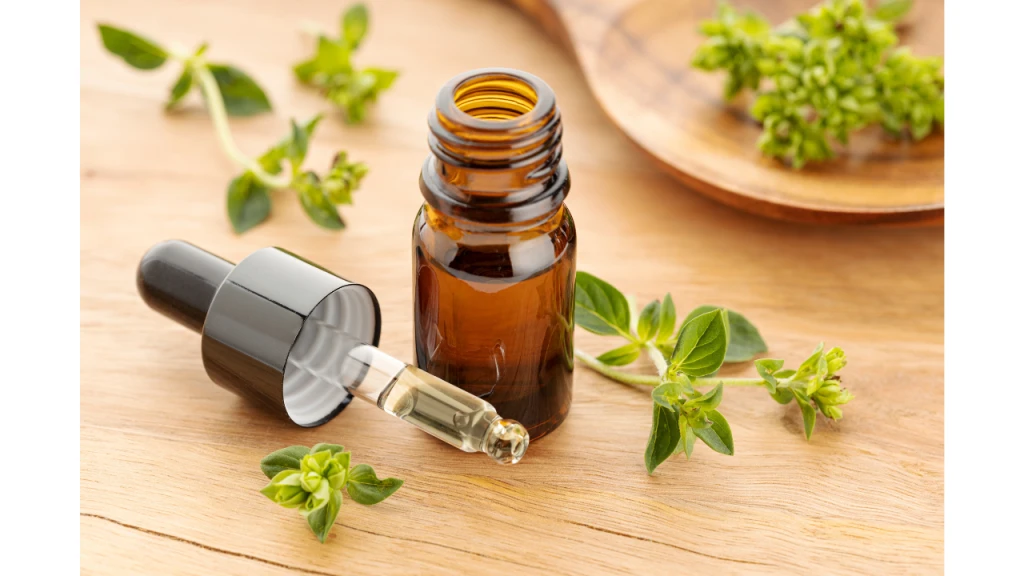
Oregano oil is derived from the leaves and flowers of the Origanum vulgare plant, and it’s packed with natural goodness.
There are actually two forms of oregano oil to be aware of: oregano oil extract (which you may see in supplement form) and oregano essential oil, which is the highly concentrated version we use for topical applications.
The key components that make oregano oil so effective are carvacrol, thymol, and rosmarinic acid. Carvacrol, in particular, is a natural antimicrobial that fights off bacteria and viruses, while thymol acts as an antifungal and antiseptic.
Rosmarinic acid offers strong antioxidant benefits, which means it can help protect your skin from environmental damage — think UV rays and pollution. All of these compounds combined give oregano oil its unique ability to improve the health of your skin and defend it from various threats.
Oregano Oil Benefits for Skin

If you’re like me, you want to know what you're dealing with. You want to be informed about whether the product is suitable for your skin type and any real results you can expect before you go slathering something new on your face.
In my case, I wanted to know whether oregano oil would have the same effects on black skin, or if there were any specific considerations I needed to be mindful of. Here’s a breakdown of how oregano oil can potentially benefit different skin concerns:
Acne Treatment
Let’s start with acne, a major pain point for so many of us. Oregano oil is a potent tool against Propionibacterium acnes (P. acnes), the bacteria that often causes breakouts.
I’ve found it to be particularly helpful for those annoying, inflamed pimples that seem to pop up out of nowhere. Oregano oil’s antimicrobial and anti-inflammatory properties can help reduce redness and swelling, making it an excellent spot treatment option.
Eczema and Psoriasis Relief
If you struggle with eczema or psoriasis, you might be familiar with the endless search for something to soothe the itching and irritation.
The anti-inflammatory compounds in oregano oil can be soothing, helping calm those flare-ups. While it’s not a cure, using it diluted with a carrier oil has helped me reduce some of the itching and redness when my skin gets irritated.
Fungal Infections
Let’s not forget about fungal issues like athlete’s foot or nail fungus. Oregano oil’s antifungal powers, thanks to carvacrol and thymol, are no joke.
I’ve used it on my toes after workouts when things start to feel a bit itchy, and it’s been a lifesaver for preventing any serious infections.
Wound Healing
Oregano oil can also help promote the healing of minor cuts, scrapes, and even those pesky little burns you might get while cooking.
Its antimicrobial properties help keep the wound clean and may even speed up the healing process. Just be sure to dilute it well — trust me, applying it straight out of the bottle can sting!
Anti-Aging Effects
Here’s where it gets interesting if you’re concerned about aging. The antioxidants in oregano oil, particularly rosmarinic acid, help neutralize free radicals that cause premature wrinkles.
While it’s not going to magically erase fine lines overnight, I’ve noticed that using it in conjunction with a good moisturizer helps my skin feel firmer over time.
Balancing Sebum Production
Got oily skin? Oregano oil might help regulate sebum production, which is great if you’re prone to breakouts but don’t want to strip your skin of its natural oils.
Applying a diluted mix as part of my nighttime routine has helped my T-zone look less shiny by morning.
Preventing Skin Infections
Oregano oil’s antimicrobial powers don’t just stop at pimples — they can also help prevent skin infections from minor wounds. I’ve found that applying a diluted mixture to any small cuts I get while gardening has kept infections at bay.
Addressing Allergies
If you’ve got sensitive skin that reacts to, well, almost everything, oregano oil’s anti-allergenic properties might help soothe hypersensitivity. It’s especially helpful if you’ve been dealing with random redness or irritation.
Skin Tags and Warts
I was skeptical at first, but oregano oil does seem to have a mild effect on skin tags and warts. It’s not a quick fix, but with consistent use, I noticed that a couple of small skin tags I’ve had for years started to shrink.
Cold Sores
Cold sores are never fun, but the antiviral properties in oregano oil, particularly carvacrol, can help speed up recovery time if you catch them early.
How to Use Oregano Oil for Skin
If you’re ready to give oregano oil a shot, remember: dilution is key. Oregano oil is incredibly potent and can easily irritate the skin if used undiluted.
Dilution is Key
Start by mixing 1-2 drops of oregano oil with a teaspoon of a good carrier oil like coconut or jojoba oil. I usually go with a 1:3 ratio (1 drop of oregano oil to 3 drops of carrier oil) if I’m using it on my face.
Always do a patch test first — trust me, you don’t want to learn the hard way how strong this stuff can be!
Patch Test
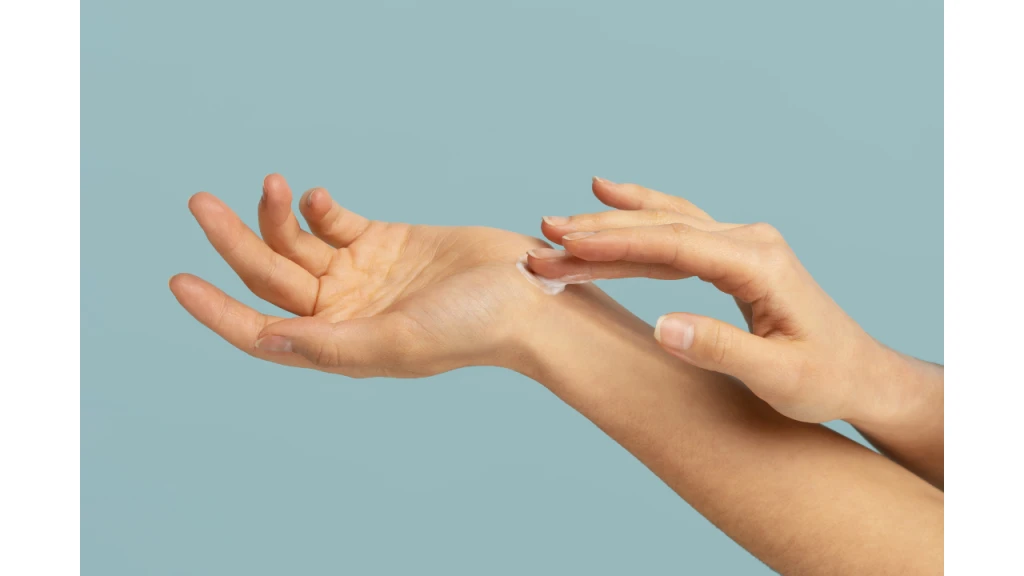
To perform a patch test, dab a small amount of the diluted mixture on your forearm and wait 24 hours. If there’s no irritation, you’re good to go.
Application Methods
There are several ways you can use oregano oil:
- Spot treatment: Apply with a cotton swab directly on blemishes or small areas of irritation.
- Bath soak: Add a few drops (diluted with a carrier oil) to your bath for a full-body boost.
- Steam inhalation: For those of you who love a good facial steam, adding oregano oil can help open up pores and reduce breakouts.
- Mix with moisturizer: If you’re nervous about applying it directly, blend it into your favorite night cream.
Frequency of Use
Start slow, using it once a day, and gradually increase usage as your skin gets used to it. I began with twice a week and eventually worked up to using it nightly for spot treatments.
Precautions and Considerations
Before you jump into adding oregano oil to your skincare routine, it's essential to know that this powerful oil comes with some precautions.
Skin Sensitivity
I can’t stress enough the importance of doing a patch test before applying it to larger areas. This simple step can help you avoid potential reactions, especially if you have sensitive skin.
Allergies
If you have known allergies, especially to oregano or herbs related to the mint family, it’s best to steer clear of this oil. Allergic reactions can vary from mild irritation to more severe responses, so it's always better to be cautious.
Drug Interactions
Also, if you’re currently on any medications, particularly blood thinners or other prescription drugs, consult with your doctor first. Oregano oil can sometimes interact with medications, which might lead to unwanted side effects.
Use on Children
When it comes to children, I would advise against using oregano oil on their skin. Kids have much more delicate skin, and what works for adults can be too harsh for them.
Broken or Damaged Skin
And, definitely avoid applying it on broken or damaged skin — it can sting and may worsen irritation instead of helping to heal. So, while oregano oil can be a fantastic addition to your routine, it's crucial to use it thoughtfully and safely.
Oregano oil has antimicrobial properties that can help with acne and skin infections. To discover more natural skincare options, check out the benefits of jojoba oil and how hemp seed oil can improve your skin health.
Wrapping Up
There you have it — the lowdown on oregano oil for skin. While it’s not a miracle cure, it’s a versatile, natural remedy that can be a great addition to your skincare routine when used properly. Remember to be patient and consistent, and always listen to your skin.
Got questions about trying out oregano oil? Feel free to reach out. I’d love to hear your experiences or help guide you through using it safely.


